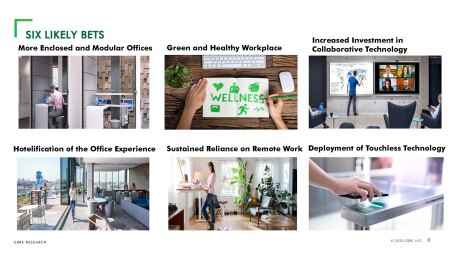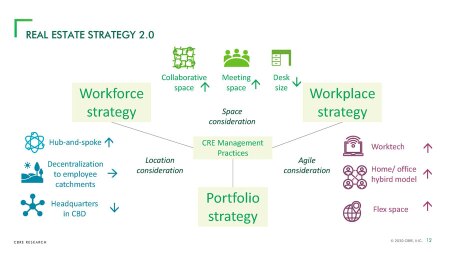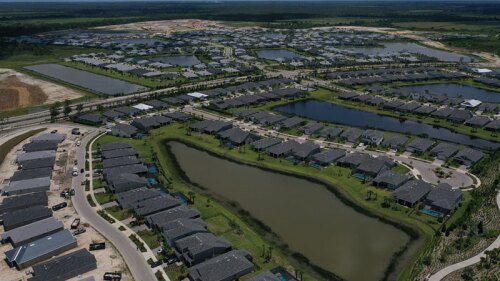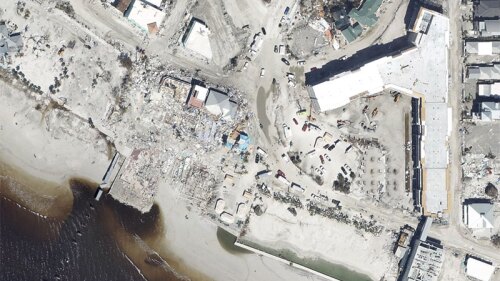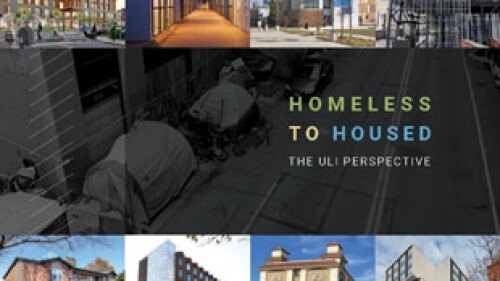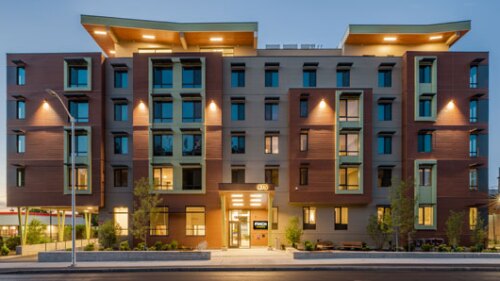Though working from home has moved higher on the occupier agenda as the Asia Pacific region copes with the ongoing global pandemic, office space is adapting to the changing environment.
ULI Asia Pacific hosted a webinar in November titled “The FutuRE of Workplace: Central Business Districts vs. Work from Home—How Demand for Office Space Is Changing,” three office space experts addressed the changing workplace. Taking part were Dr. Henry Chin, global head of investor thought leadership and head of research, Asia Pacific, at CBRE; Paul Edwards, general manager, strategy and customer, at Mirvac; and Paul Salnikow, chairman and chief executive officer at the Executive Centre. Dr. Chin shared some of the findings of CBRE’s Global Occupier Sentiment Survey, released in the fall.
Key takeaways from the discussion were the following:
APAC is already back in the office. Office occupiers in the Asia Pacific region are returning to their offices, with nearly 80 percent of employers in China having more than half their staff back at their desks. Moreover, Asia Pacific occupiers are more optimistic about the future: 22 percent expect to expand their office footprint, compared with only 4 percent of global occupiers, according to CBRE survey data.
The focus is on flexibility. No definitive new model of office working has emerged, but every survey points to more flexibility being demanded by both occupiers and their employees. Almost all companies expect to accommodate some degree of working at home, and others are considering where to locate. A hub-and-spoke approach seems more likely than the abandonment of central businesses districts, however.
Click to zoom. Provided by CBRE Research.
Work is changing, and so will real estate. COVID-19 is not the only driver of changing workspaces: artificial intelligence (AI) could take on many task-oriented roles, meaning more creative and collaborative jobs, which will require a different mode of office design. Post-pandemic, however, workers are not keen on sharing spaces with people outside their own company, which bodes ill for coworking.
Don’t forget the cycle. Though the focus has been on structural changes brought by COVID-19, it is hard to unravel those from the world’s current cyclical recession. In a downturn, occupiers are naturally inclined to want less office space; this is less likely to be the case once the recovery is underway.
The office is still a good place to be. A well-built office space, with great amenities and a focus on employee well-being, is a good place to spend the workday. For many Asian workers, it is more attractive than a cramped home workspace. The “hotelization” of office space, with a greater focus on environment and services, could boost its status.
Click to zoom. Provided by CBRE Research.

